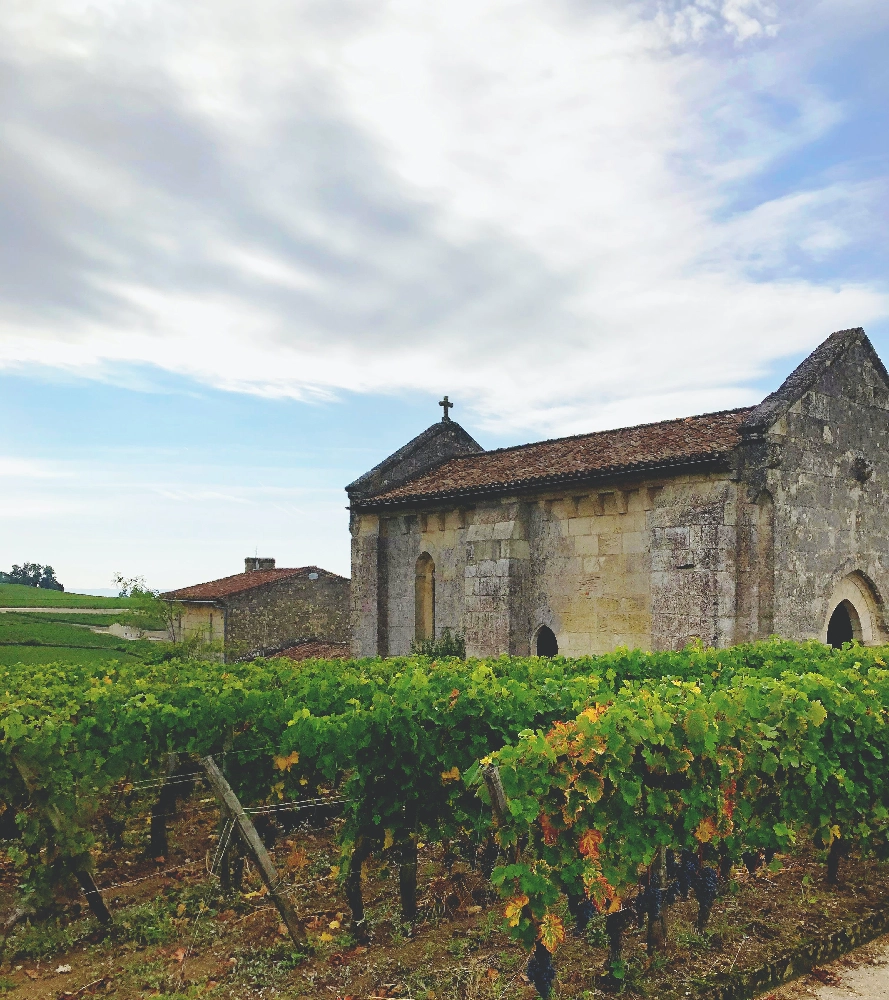
Lefkada Wineries & Wines Stats
Wineries
12
Wines
43
Lefkada: A Historical Wine Significance Review of an Ancient Greek Island Haven
Introduction Lefkada, an Ionian island located in the western part of the Greek mainland, is a captivating blend of natural beauty and rich cultural heritage. While it is widely known for its stunning beaches and crystal-clear waters, Lefkada also boasts a long-standing wine tradition that has shaped the region's history and identity. In this historical wine significance review, we will delve into the fascinating story of Lefkada's winemaking past and explore how it continues to influence the present.
Ancient Wine Traditions The ancient Greeks discovered the unique potential of Lefkada's vineyards more than 2,500 years ago. The island was famed for its exquisite wines, which were highly regarded throughout the Mediterranean world. Ancient texts, including those by Homer and Pliny the Elder, mention Lefkadian wines as among the finest. It is believed that the primary grape varieties cultivated during this time were Malvasia di Candia Aromatica (known locally as Krasato) and Moschofilero.
Middle Ages to Modern Era The Middle Ages marked a period of decline for Lefkada's winemaking industry. However, the Renaissance brought renewed interest in Greek wines, and Lefkada once again became an essential player in the Mediterranean wine scene. During this time, new grape varieties were introduced, including Robola, which would later become synonymous with Lefkadian wines.
The 19th and early 20th centuries saw a significant expansion of Lefkada's vineyards, driven by the demand for wine exports to Europe. The island's wines gained international acclaim, and Lefkada became known as "the Wine Island." However, the phylloxera epidemic in the late 19th century brought devastation to European vineyards, including those on Lefkada. It took several decades for the industry to recover.
Contemporary Era: Rebirth and Renewal In recent years, Lefkada's winemaking scene has experienced a renaissance, driven by a new generation of winemakers who are dedicated to preserving and promoting the region's rich wine heritage while embracing modern technologies and sustainable practices. Today, Lefkada is home to several renowned wineries that produce wines made from indigenous grape varieties such as Robola, Moschofilero, Krasato, and Mavrodaphne.
Pairing with Local Cuisine Lefkadian wines have long been a perfect match for the island's unique culinary traditions. Some of the local dishes that pair well with Lefkada's wines include Bourdeto (a fish stew), Tava (slow-cooked meat in tomato sauce), and Bougatsa (a sweet semolina cream pie).
Conclusion Lefkada's historical wine significance lies in its rich heritage, which spans more than 2,500 years. From ancient times to the present day, Lefkada's wines have shaped the island's identity and influenced its cultural landscape. As we continue to explore this captivating region, it is essential to appreciate not only its natural beauty but also its deep-rooted wine traditions, which contribute significantly to Lefkada's enduring allure.
{'regionName': 'Lefkada', 'partOf': ['Ionian Islands'], 'regionWineStyle': ['White wines with aromatic and mineral characteristics'], 'regionWineStyleRELATEDto': ['Mediterranean'], 'grapes': ['Malvasia di Candia Aromatica (Krasato)', 'Moschofilero', 'Robola'], 'pairsWithFoods': ['Fish stew (Bourdeto)', 'Slow-cooked meat in tomato sauce (Tava)', 'Sweet semolina cream pie (Bougatsa)']}
